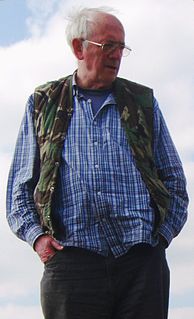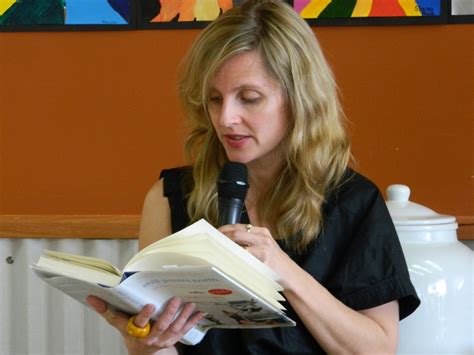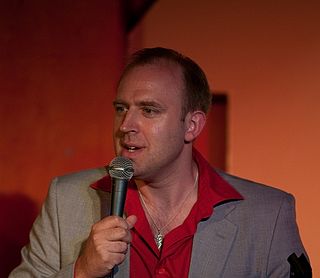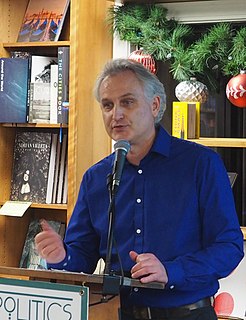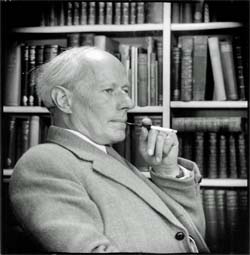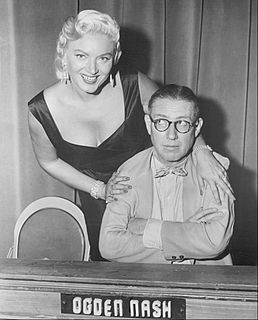A Quote by Neil Gaiman
He had gone beyond the world of metaphor and simile into the place of things that are, and it was changing him.
Related Quotes
When I was fifteen, all I wanted was to go off to some other world, a place beyond anybody’s reach. A place beyond the flow of time.” - But there’s no place like that in this world. - Exactly. Which is why I’m living here, in this world where things are continually damaged, where the heart is fickle, where time flows past without a break.
The images were gone, but Calvin was there, was with her, was part of her. She had moved beyond knowing him in sensory images to that place which is beyond images. Now she was kything Calvin, not red hair, or freckles, or eager blue eyes, or the glowing smile; nor was she hearing the deep voice with the occasional treble cracking; not any of this, but - Calvin. She was with Calvin, kything with every atom of her being, returning to him all the fortitude and endurance and hope which he had given her.
I think different societies, cultures, individuals, teams of people, make the world a better place. The founding fathers, they made New England, they made those 13 colonies. I don't know if they thought they were changing the world or just changing their world, but they did make the world a better place. Doctors that cure patients or cure diseases or make discoveries, they're making the world a better place. Can I make the world a better place by selling underpants? Not really. That's just the means. That gives me resources to try to make the world a better place.
This is what metaphor is. It is not saying that an ant is an elephant. Perhaps; both are alive. No. Metaphor is saying the ant is an elephant. Now, logically speaking, I know there is a difference. If you put elephants and ants before me, I believe that every time I will correctly identify the elephant and the ant. So metaphor must come from a very different place than that of the logical, intelligent mind. It comes from a place that is very courageous, willing to step out of our preconceived ways of seeing things and open so large that it can see the oneness in an ant and in an elephant.

